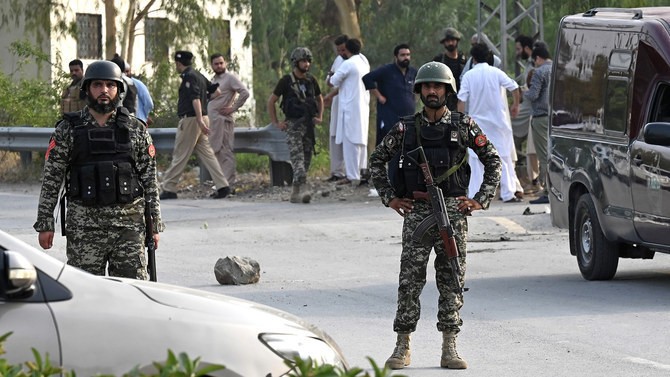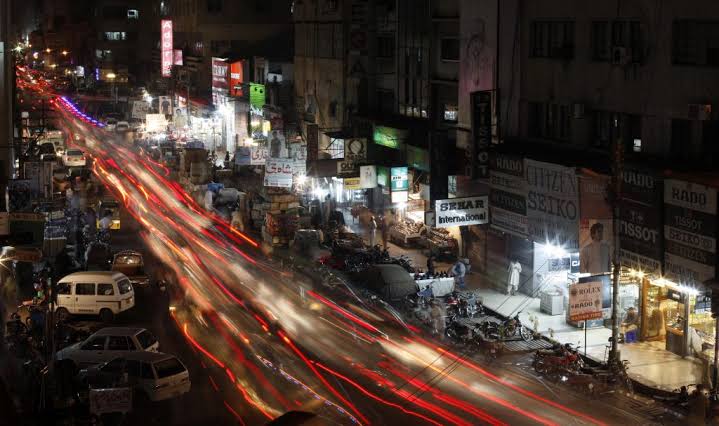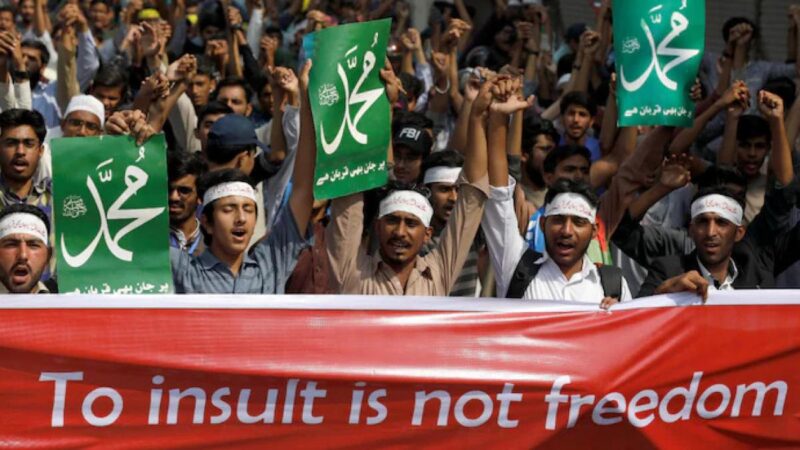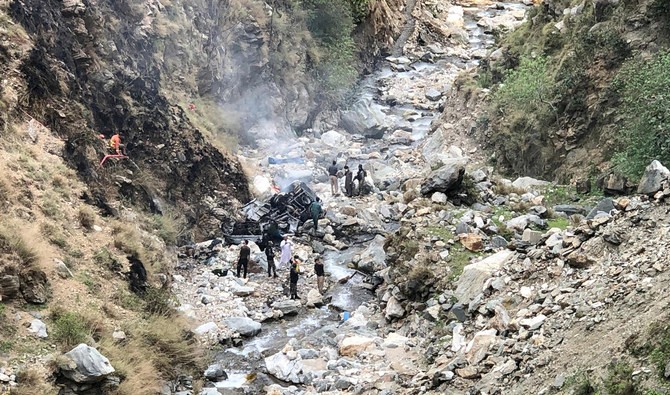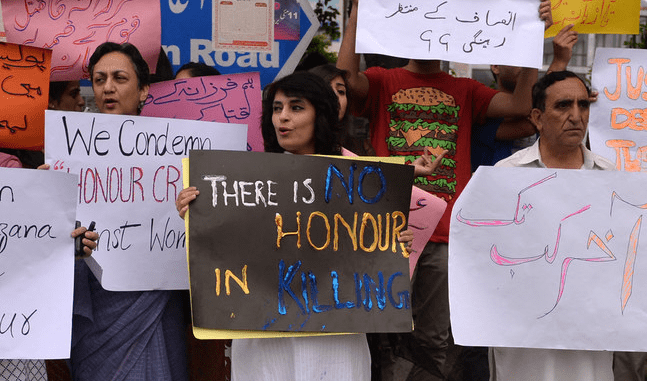Pakistan has main-streamed terrorism as statecraft: India
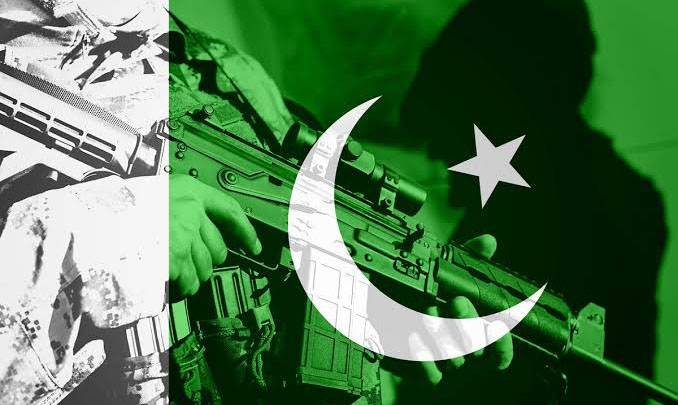
Advertisement
Pakistan has main-streamed terrorism as statecraft and continues to provide military, financial and logistical support to cross border terrorism all the while denying the victims of terrorism their fundamental right to justice by not acting on the concrete evidences shared by India on several terrorist attacks, including 1993 Mumbai Serial Blasts and 2008 Mumbai Terror Attack, said India’s MEA senior officer.
Mahaveer Singhvi, Joint Secretary for Counter Terrorism, Ministry of External Affairs (MEA) while speaking at UNOCT Virtual Counter-Terrorism Week said that terrorism is the grossest affront to the enjoyment of the inalienable human right to life and to live in peace and security.
“While, the whole world including India, has undertaken proactive steps to promote human rights and build resilience against terrorism, Pakistan has main-streamed terrorism as statecraft,” said Singhvi.
“This is an occasion for reiterating our collective resolve to protect and uphold human rights. It is unfortunate that Pakistan, a sponsor of cross border terrorism, and the globally acknowledged fountain head and pernicious cradle of terrorism, has once again used this forum for propagating its discredited narrative and making mischievous and scurrilous allegations against India. Pakistan continues to provide military, financial and logistical support to cross border terrorism but has denied the victims of terrorism their fundamental right to justice by not acting on the concrete evidences shared by India on several terrorist attacks, including 1993 Mumbai Serial Blasts and 2008 Mumbai Terror Attack,” Singhvi emphasized.
“The perpetrators of these heinous crimes have been proscribed by the UNSC 1267 committee but continue to enjoy state hospitality in Pakistan,” he noted.
Talking about the threat terrorist activities poses, Singhvi said: “It poses a serious threat to economic and social development, undermines democracy and jeopardizes the rule of law. It is an attack against freedom of thought, expression and association. While acts of terrorism violate the rights of individual victims, it also deeply affects the enjoyment of a range of rights by the families of the victims and society as a whole,” said Singhvi.
He said that any terrorist incident disproportionately affects the human rights of women, girls and children.
“Therefore, gender and age sensitive measures need to be incorporated in addressing the short, medium and long-term needs of the most vulnerable groups of victims of terrorism. Protection of the rights of children and young persons, especially their right to education is critical to prevent radicalization and indoctrination of terrorist ideologies,” he said.
Highlighting the plight of minorities in Pakistan, Singhvi said: “Pakistan’s attempt to masquerade as a promoter of human rights and egalitarianism is farcical considering its record of systemic persecution of its minorities, including Christians, Ahmadiyyas, Sikhs, Hindus, Shias, Pashtuns, Hazaras, Sindhis, and Balochis through draconian blasphemy laws, forced conversions and marriages and extrajudicial killings.”
He also underlined that Indian constitution guarantees equal rights to all faiths and creed and that the country has a civilizational “ethos of inclusiveness”.
Singhvi affirmed that Jammu and Kashmir has been, is and will continue to remain an integral part of India and Pakistan should cease to covet it.
“What is portrayed by Pakistan is actually state sponsored cross border terrorism. India reiterates that despite the continued proxy war and state sponsored cross border terrorism raged by Pakistan against the people of Jammu and Kashmir, the people of Jammu and Kashmir have reposed their faith in the Indian democracy,” he said.
Referring to terrorism as the worst form of human rights abuse, Singhvi said: “Before preaching to others Pakistan must remember that terrorism is the worst form of human rights abuse. The world doesn’t need lessons on human rights from a country whose own citizens as well as minorities have never enjoyed true democracy.”
“The least Pakistan could do, therefore, is to look into its own sorry state of affairs and put its house in order before pointing fingers at others and spewing venom against the democratically elected Indian Government and its leaders,” he added.
Advertisement

